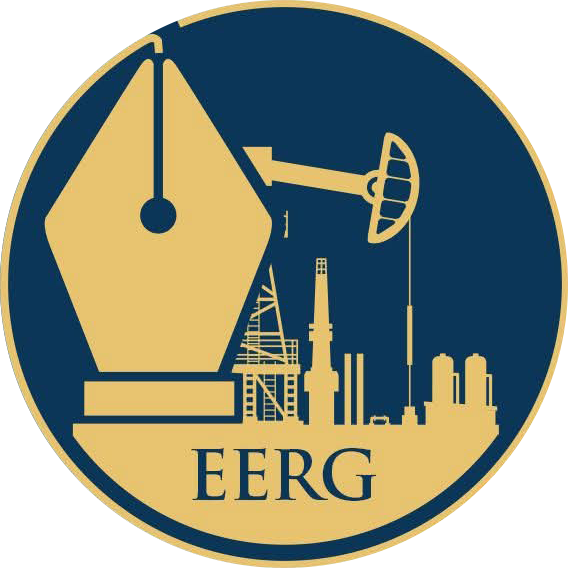Ghana’s strategic investment in energy infrastructure is fast becoming the linchpin for its industrial transformation, with natural gas, manufacturing corridors, and regional power trade emerging as key drivers of growth.
According to insights shared by Sydney Nii Ayitey Tetteh, Head of Client Coverage (Corporate & Investment Banking) at Stanbic Bank Ghana, “Energy is the backbone of any industry. Without reliable, affordable power, we cannot reduce poverty, expand industrial output, or modernise agriculture.”
Natural Gas: The Growth Enabler
Ghana’s installed power capacity stands at about 5,400 MW, with thermal (largely gas) generation contributing over 60 %. The shift toward natural-gas-fired and dual-fuel plants is proving pivotal in supporting industrial expansion, reducing reliance on costly diesel imports, and enhancing energy-cost competitiveness. According to Stanbic Bank Ghana, the company has invested more than US$1.1 billion in Ghana’s mining, metals and energy sectors during the past five years—with over US$200 million directed to captive power plants that supply stable electricity to energy-intensive industries.
One example: pipelines now channel gas directly to manufacturing hubs, enabling industries to replace expensive fuel with clean, efficient power. This creates a multiplier effect—boosting local production, import-substitution, job creation and foreign-exchange savings.
Connecting Energy to Industry and Region
Energy infrastructure is not just powering factories; it’s connecting Ghana to the region. With gas and electricity infrastructure in place, Ghana is exporting electricity to neighbouring Côte d’Ivoire and reinforcing its role as a West African energy hub. Such regional energy trade creates additional revenue streams and strengthens Ghana’s industrial competitiveness by accessing broader markets.
The Broader Development Framework
Ghana’s energy push aligns with the national agenda—such as the ‘Big Push’ infrastructure programme and the vision of a 24-hour economy powered by stable, affordable energy. Finance and energy institutions in Ghana are embedding ESG (Environment, Social & Governance) priorities into their energy-financing strategies, exploring green bonds and supporting the transition to lower-carbon industrial infrastructures.
The Industrial Impact
With more reliable and lower-cost power supply, firms are better positioned to scale operations, add value locally (rather than exporting raw materials), and compete internationally. Agriculture, manufacturing, mining and processing industries all benefit: irrigation systems and agro-processing can run more consistently; mining and manufacturing operations can avoid losses from power disruptions; and export-oriented industries gain pricing advantage from predictable energy costs.
Key Takeaways
- Investing in natural-gas infrastructure and captive power plants improves industrial uptime and reduces energy costs.
- Routing gas and power infrastructure through industrial corridors links energy supply to manufacturing hubs for maximum impact.
- Regional energy trade expands market access and strengthens Ghana’s role in West Africa.
- Embedding sustainability and cleaner energy into industrial power supports long-term competitiveness and global credibility.

